Not only selling fresh fruit, people also process it into syrup, dried fruit, dipping sauce... kumquat products have been recognized as achieving 3-star OCOP, contributing to increasing the value of local agricultural products.

The family of Ms. Dang Thi Kim Oanh, An Tien village, is one of the pioneers in crop conversion in the locality. It is known that the family's field is located on high ground, often lacking water, so rice cultivation is ineffective.
In 2022, after consulting models in other localities and receiving technical guidance from agricultural officials, Ms. Oanh boldly converted 0.6 hectares to growing kumquat trees for fruit.
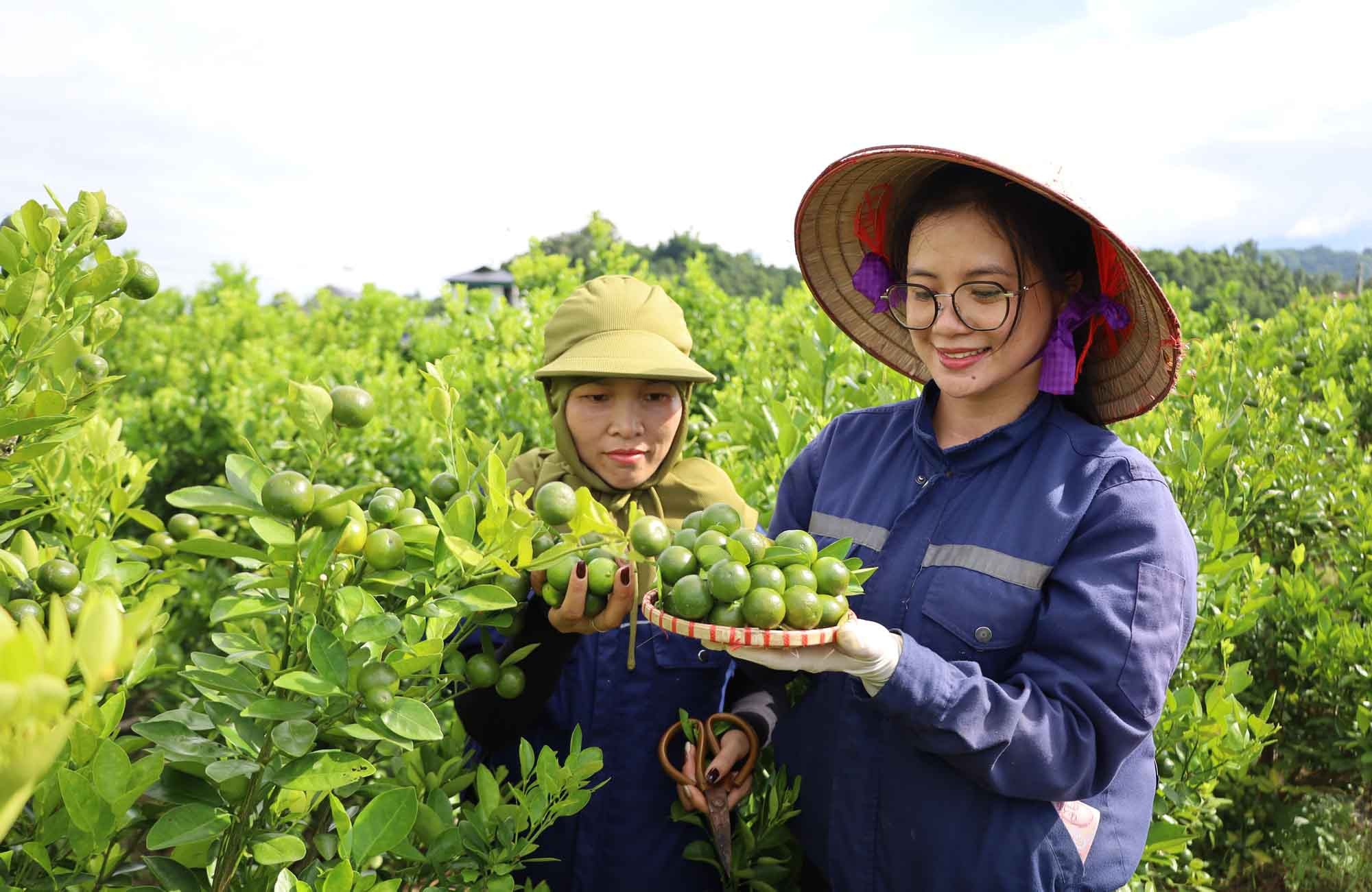
Ms. Oanh shared: At first, I was quite worried because there was no model of growing kumquats for fruit in the province to learn from. Moreover, I took care of them organically, without spraying pesticides or manually cutting grass, so I had to take care of them a lot. However, the kumquat trees were suitable for the soil, grew well, bore a lot of fruit, and the selling price was quite high, so I boldly expanded the area to more than 3 hectares.
Not only selling fresh fruit to traders, Ms. Oanh's family has researched deep processing to take advantage of available raw materials. With support from professional agencies, she and her family members have developed 3 products from kumquats, including: kumquat-ginger-honey syrup, kumquat-ginger-honey jam and kumquat-lemongrass-chili dipping sauce.


Thanks to retaining the natural flavor, without using additives or preservatives, these products were quickly accepted by consumers. In 2025, 3 kumquat products of her family were recognized as meeting 3-star OCOP standards, an important turning point in the journey of developing household economy associated with local agricultural products.
“Currently, the family harvests 30-40 tons of fresh kumquats each year; processed products such as syrup, dried apricots, kumquat sauce, etc. alone reach more than 2,000 boxes per year. The family also creates jobs for villagers with a guaranteed income,” Ms. Oanh added.
In Ms. Oanh's kumquat garden, there are on average 5-7 regular workers, and during peak harvest season, the number increases to more than 10 people. Each person earns 9-10 million VND/month, a significant income for rural workers.
Ms. Tran Thi Cam, one of the regular workers here, shared: Since I was hired to work in Ms. Oanh's kumquat garden, I have had a stable income, thanks to which I have more time to take care of my family.
Not only Ms. Dang Thi Kim Oanh's family, currently, in Bao Thang commune, many households have converted in effective rice fields and garden land to grow kumquat. Many households share that kumquat trees are suitable for the soil, have few pests and diseases, and have stable output, so they boldly expanded the area. Organic farming, using biological fertilizers and manual care are gradually becoming new habits in people's production.


According to the assessment of Bao Thang Commune People's Committee, the conversion from in effective agricultural land to organic kumquat cultivation, combined with deep processing and OCOP product development has opened up a new direction for economic development for local people. The government also developed a plan to replicate the model of growing and processing kumquat products; build a chain of linkages to produce and expand the product consumption market, bringing stable and sustainable income to farmers.
Source: https://baolaocai.vn/trong-quat-tren-dat-ruong-mang-lai-thu-nhap-on-dinh-post648224.html










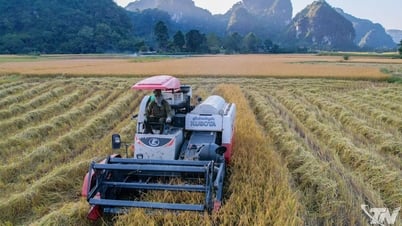




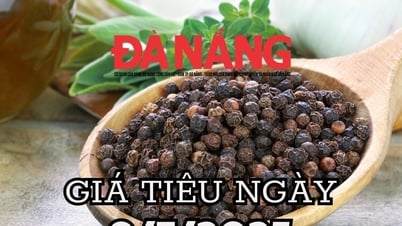






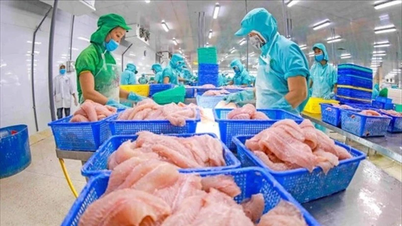


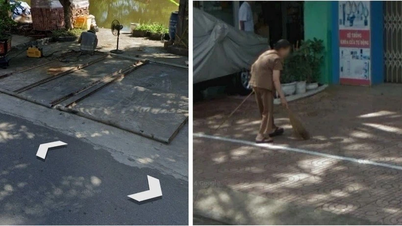







































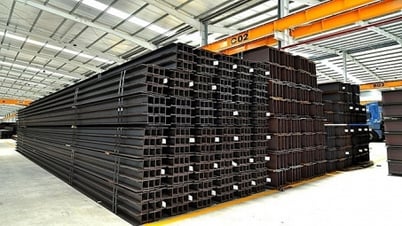








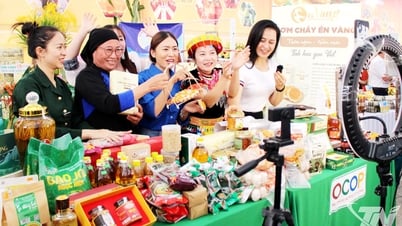







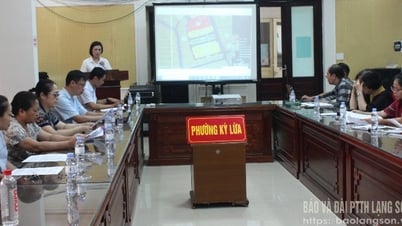









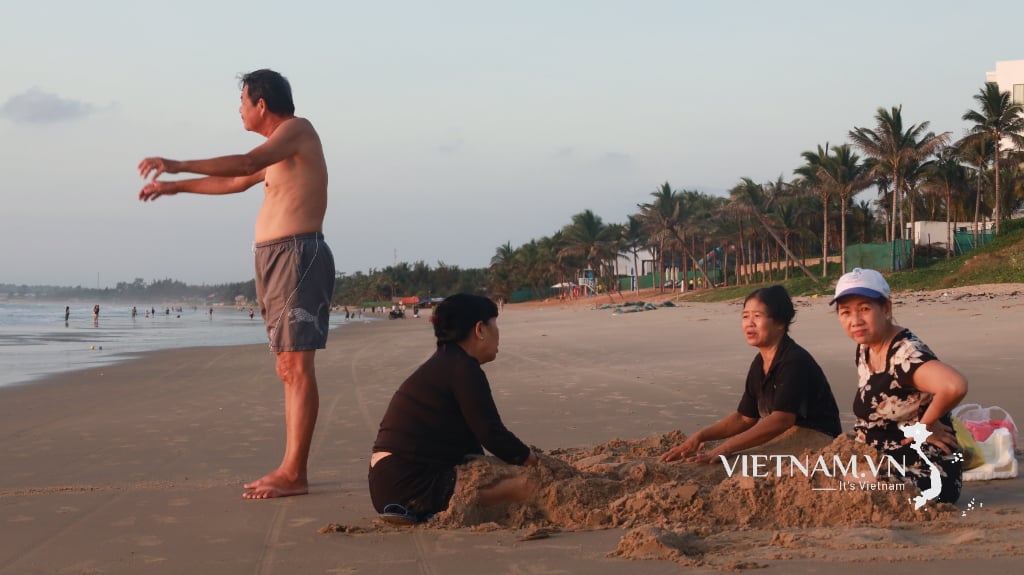


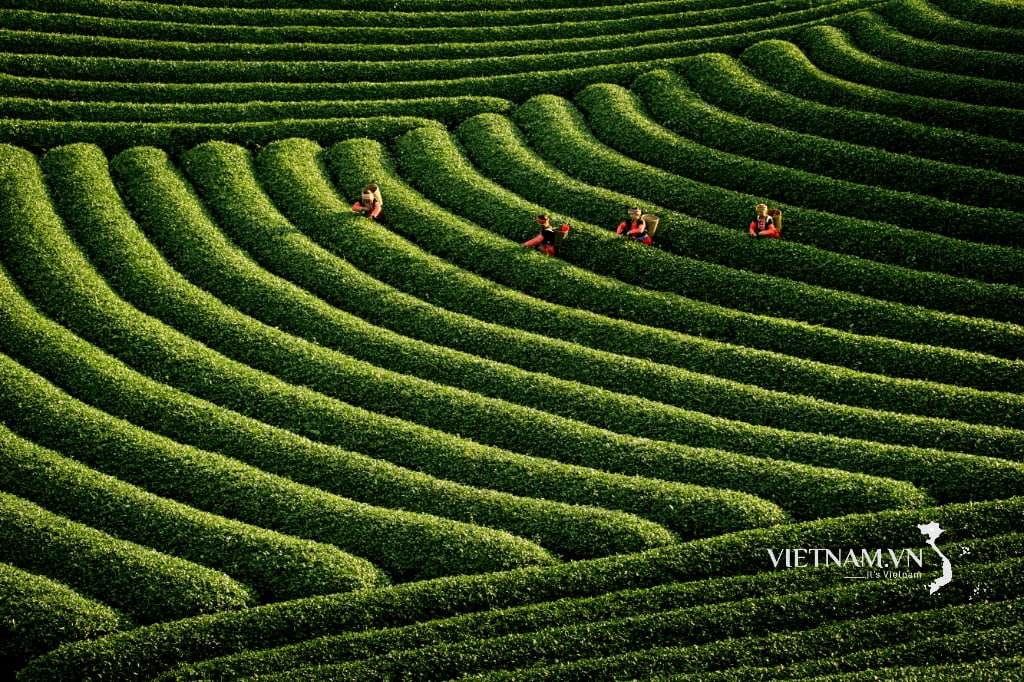
Comment (0)